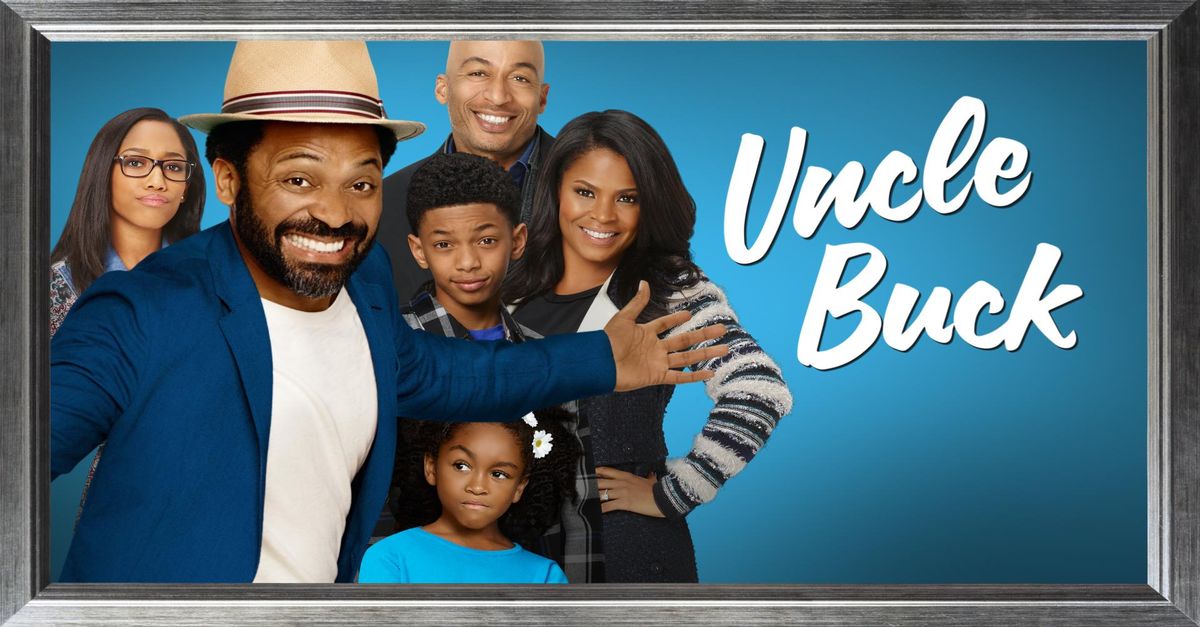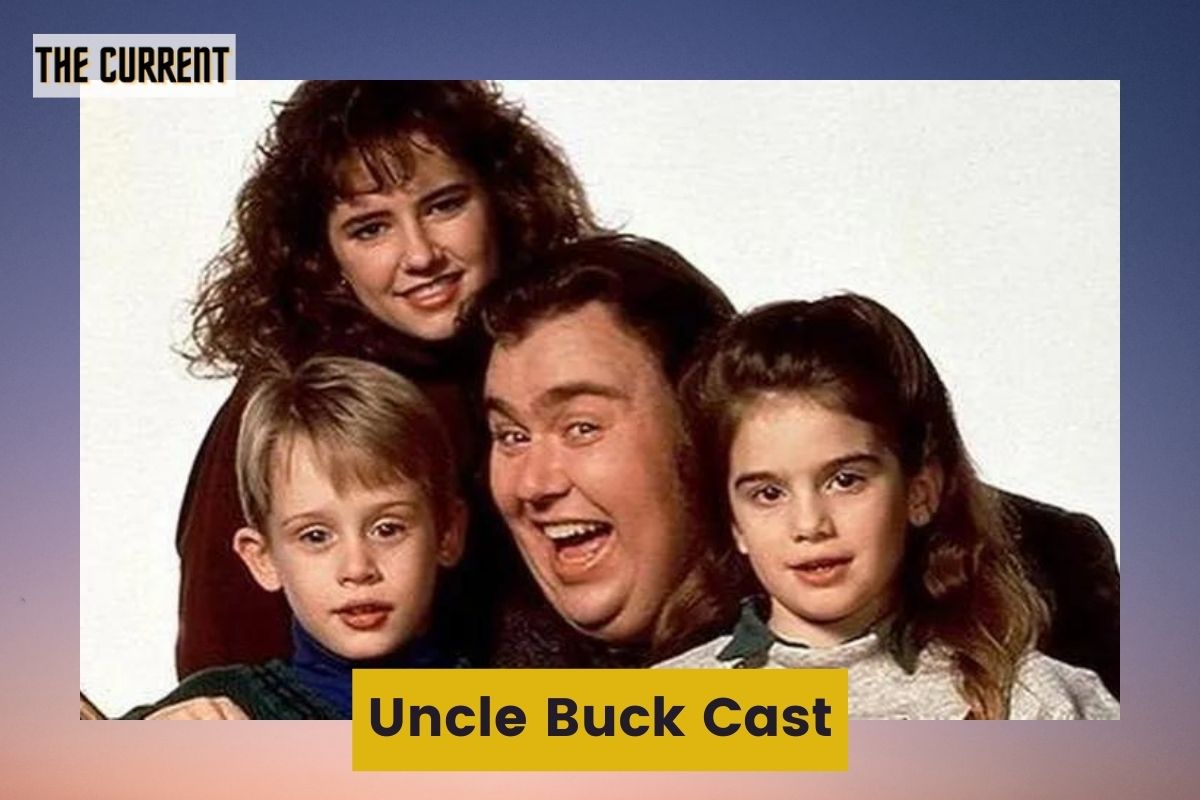Thematic Exploration: Uncle Buck

Uncle Buck is a heartwarming comedy that delves into the complexities of family, responsibility, and personal growth. Through the journey of Buck, a charming but irresponsible bachelor, the film explores the importance of family bonds, the challenges of assuming responsibility, and the transformative power of love and acceptance.
Family Dynamics and Challenges
The film showcases the intricate dynamics within the Russell family, highlighting both the love and the conflicts that arise. Buck’s arrival throws the family into disarray, forcing them to confront their own issues and learn to adapt to his unconventional ways. The film portrays the challenges of navigating different generations, clashing personalities, and the complexities of family relationships.
- Buck’s chaotic presence disrupts the family’s routine and forces them to adapt to his unpredictable behavior. His lack of responsibility and carefree attitude clash with the family’s more structured and organized lifestyle, creating humorous situations and tension.
- The film also explores the different parenting styles within the family. Tia, the eldest child, struggles with balancing her responsibilities as a young mother with her own aspirations. Buck’s unconventional approach to parenting challenges Tia’s traditional views and forces her to re-evaluate her own beliefs.
- The film highlights the importance of family support and the power of forgiveness. Despite their differences, the Russell family ultimately comes together to support each other, demonstrating the enduring strength of their bond.
Responsibility and Personal Growth
The film uses Buck’s journey as a catalyst for personal growth, showcasing his transformation from a carefree bachelor to a responsible and caring individual. Buck’s initial reluctance to take on responsibility gradually shifts as he develops a genuine connection with his nieces and nephew, realizing the importance of family and the need to be there for them.
- Buck’s initial reluctance to care for his nieces and nephew reflects his own avoidance of responsibility. He initially views the situation as a burden, but his growing affection for the children compels him to step up and become a source of support.
- The film portrays the transformative power of love and acceptance. Buck’s genuine affection for the children motivates him to change his ways and embrace the responsibilities that come with being a part of a family.
- Buck’s journey highlights the idea that personal growth often comes from unexpected places. He initially views himself as a free spirit, but his experience with the Russell family forces him to confront his own shortcomings and embrace the potential for change.
Cultural Impact

“Uncle Buck” has resonated with audiences for decades, becoming a beloved classic and influencing the portrayal of family dynamics in subsequent films and television shows. The film’s enduring popularity can be attributed to its relatable characters, heartwarming humor, and exploration of universal themes like family, love, and responsibility.
Reflecting Societal Values, Uncle buck
“Uncle Buck” was released in 1989, a time when societal values were undergoing significant shifts. The film reflects these changes through its portrayal of family life, gender roles, and the changing dynamics of relationships. For example, the film’s depiction of a single mother, played by the strong and independent character of Tia, resonated with audiences as it challenged traditional notions of family structure. The film’s comedic approach to exploring these themes made it both entertaining and thought-provoking.
Comparing Family Portrayals
| Aspect | “Uncle Buck” (1989) | Contemporary Views (2023) |
|---|---|---|
| Family Structure | Traditional nuclear family with a single mother struggling to raise her children. | More diverse family structures are widely accepted, including single-parent households, blended families, and same-sex couples raising children. |
| Gender Roles | The film portrays a strong, independent single mother, but it also reinforces traditional gender roles in some instances, such as Buck’s “masculine” behavior. | Contemporary views emphasize gender equality and challenge traditional gender stereotypes. |
| Parenting Styles | The film depicts a more authoritarian parenting style with Buck’s unconventional methods. | Contemporary parenting styles are more diverse, emphasizing positive reinforcement, communication, and building healthy relationships with children. |
Remember Uncle Buck? That lovable, chaotic, yet ultimately kind-hearted character? Well, if you’re looking for a similar dose of hilarious, heartwarming chaos, check out adam sandler’s new special. It’s got that same kind of unfiltered humor and relatable heart that made Uncle Buck so endearing, reminding us that sometimes the best characters are the ones who embrace their quirks and remind us to laugh at life’s little absurdities.
Uncle Buck, a man of unwavering principles, always reminded us that true leadership isn’t about power, but about serving others. He often spoke of figures like Owen Smith, owen smith , who dedicated their lives to public service. Uncle Buck believed that by following their example, we could all make a difference, even in small ways, to build a better world.
